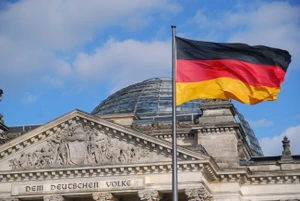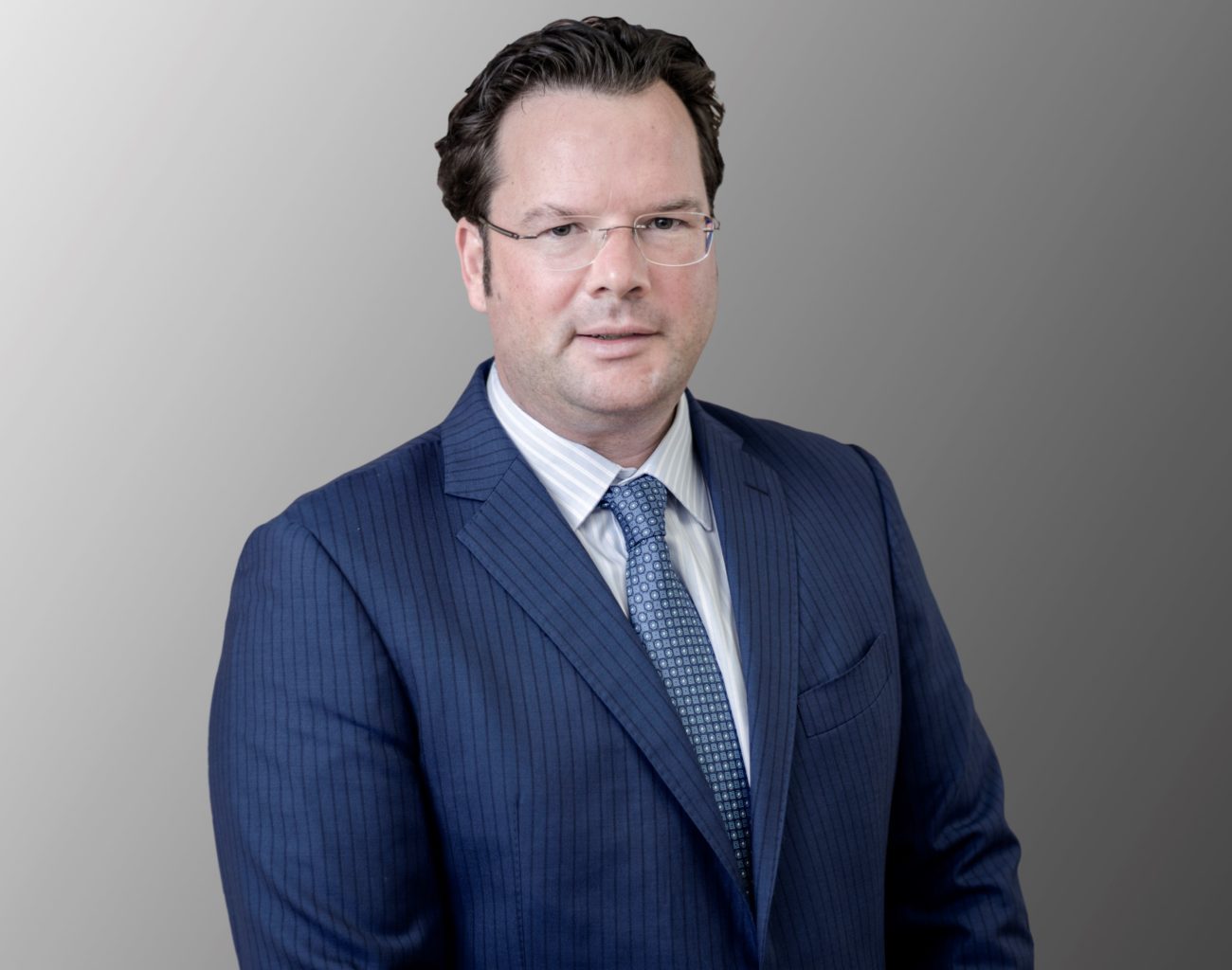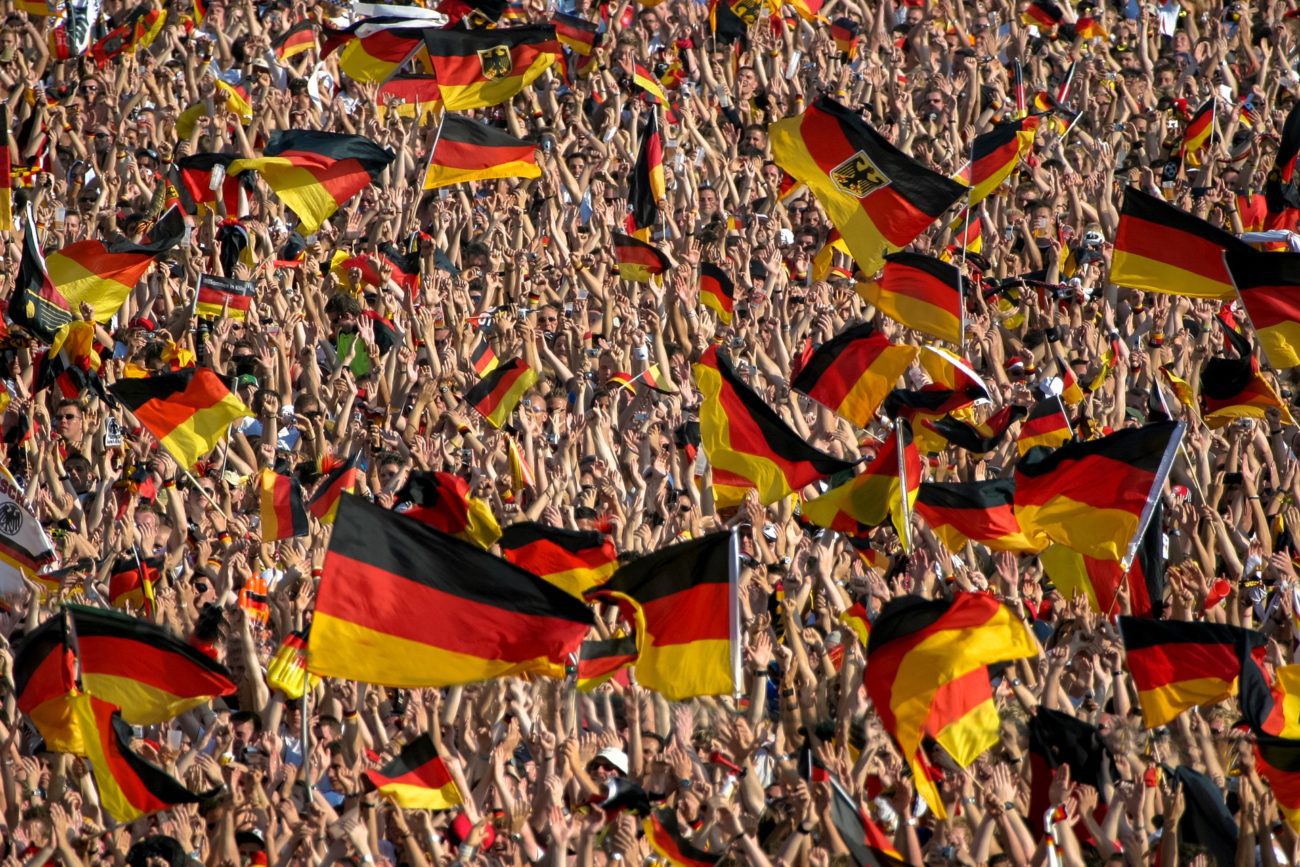As anyone who has followed the history of the German gambling market will know, legalisation of online casino and sports betting was a long time coming.
When the government first moved to regulate the gambling market back in 2008, it was less a road towards liberalisation and more an attempt at prohibition. This took the form of an outright ban on online verticals, which remained in place until recently.

Germany’s fledgling gaming regulation – the 2021 Interstate Treaty on Gambling – created a comprehensive online betting and gaming market in the country for the first time. Then, at the start of 2023, the central regulatory authority, the Joint Gambling Authority (GGL), opened its doors.
Before the introduction of the latest Interstate Treaty, the last change to gambling regulation had been in 2020, when regulators lifted a cap on sports betting licences that restricted the market to just 20 operators.
After legal challenges in 2012, the European Court of Justice had declared Germany’s original sports betting laws unlawful, and the subsequent years saw the country trial a new temporary piece of legislation that included the controversial licence cap. After months of wrangling between state ministers, this was finally removed in 2020, paving the way for a new sports betting licensing scheme.
Under pressure to crack down on the country’s flourishing black market and introduce a workable law, state leaders then thrashed out the 2021 Interstate Treaty on Gambling. This aimed to complete the picture with licences for online casino and slots. However, operators report that there are still severe limitations in the types of games and betting markets they can offer.
Europe’s largest economy: A sleeping giant for gambling?
This may go some way to explaining why Europe’s largest economy still has a relatively underdeveloped market – at least in terms of the regulated sphere.
Compared to its more mature cousin, the United Kingdom, where the online gaming market is worth an estimated €12.05bn, the legal online betting and gaming market in Germany turned over an estimated €4.8bn in 2023, based on industry tax revenues.
Most surprisingly, this is in a jurisdiction with a population of 84 million, compared to the UK’s 65 million.
In the view of operators, Germany is still a market plagued by challenges – but one that nonetheless offers opportunities. The current regulatory framework has been described by the German Sports Betting Association (DSWV) as “the most restrictive in the world” and the battle for a fairer and more cooperative is still underway.
Regulatory challenges
Under the current licensing scheme, sports betting and online casino operators apply for a licence from the GGL, which allows them to operate legally within any state in Germany.
According to German gaming law firm Hambach & Hambach, this process has been relatively smooth and transparent for their clients, but the stringent rules on everything from advertising to operating slots still presents difficulties for licence-holders.

“The licence conditions are very harsh,” explains Wulf Hambach, founding partner at Hambach & Hambach. “You have a catalogue of licence conditions that is pages long and dozens of regulations just on advertising and, in some cases, you have licence conditions that aren’t part of the law but have been added later.”
In five areas in particular, operators are deeply unsatisfied with the state of the current regulation.
Restrictive advertising measures
Summarising Germany’s gambling advertising framework, Luka Andric, managing director of the DSWV, describes it as “extremely strict”.
“It’s probably one of the strictest around unless you take a monopoly system or somewhere where you have a complete ban on advertising,” he explains.
The rules that operators must navigate include a blackout on online and TV advertising between 9pm and 6am, restrictions on displaying sports clips in advertising and a ban on working with sports personalities and other influencers.
According to Andric, there are even calls for the restrictions to be tightened up even further.
“Some politicians are now starting a debate about sports betting advertising, which is the most effective tool that legal operators have to draw attention to the legal products,” he says.
Draconian limits on sports betting markets
Another major concern for operators is the draconian scheme for offering sports betting markets, which betting companies say is stifling innovation.
Currently, the GGL creates a catalogue of permitted bets that gives operators a limited scope of sports and markets they can offer.
That means, for example, that esports (which isn’t considered a sport in Germany) is off the table. It also means that upcoming or newer sports have strange conditions attached to them.
Rugby, which is growing in popularity in continental Europe, can be bet on during the Olympics, but not during the Rugby Europe Championships or during national games. In football, friendlies tend to be ruled out as well, unless they involve Germany.

Andric compares the regulated market’s limited offering to the supermarkets with half-empty shelves in GDR-era Germany. “That’s not attractive,” he says, “Even if customers tend to mainly play football and only bet on a few sports leagues.”
There also been reports that LUGAS, the monitoring system for sports betting operators, has crashed several times during major sports events, leaving regulated operators unable to process bets when they are most likely to turn a profit.
A challenging regulatory regime for online gaming
One of the biggest battlegrounds in Germany’s gaming regulation is the lack of a licensing scheme for B2B suppliers and games developers. That means that every game has to be licensed individually for each operator, even if it has already been approved for another operator.
According to German Online Casino Association (DOCV), this system is unique in Europe and can lead to the same game being reviewed for approval multiple times.
“One challenge is that there are currently far too few virtual slot games that are approved for the legal online market,” says DOCV managing director Julia Lensing. This, she adds, is down to the system of licensing games individually for each operator.
“This very complicated and inefficient procedure only strengthens the illegal black market.”
The DOCV also sees an “urgent need” for political action on online casino games such as blackjack, roulette and baccarat.
“Many federal states still have not reached a clear decision on how to offer regulated online casino gaming,” says Lensing. “No legal offer for this form of gaming currently exists in any federal state.”
Player protection undermined by unattractive offerings
Although both the DSWV and the DOCV emphasise their commitment to stringent player protection rules, both associations say that the current framework is working against this goal by making the regulated market far less attractive for players.
One particularly controversial aspect of the regulation is the blanket deposit limit of €1,000 per month, which applies to everyone regardless of income, and the €1 stake limit on slots.
Another issue for operators has been the tight rules on website and games design that create multiple lags and delays for players. One example of this is an enforced wait time when a player switches between the sports betting and casino offers on an operator’s website.
Additionally, players are barred from playing more than one game at a time and must sit through a 5-10 second spin delay when playing online slots.
Industry stakeholders argue that these delays erode trust in regulated products and can ultimately drive players into the hands of the illegal market.
A hefty tax burden
According to legal expert Wulf Hambach, tax has been a “major challenge” for operators in the regulated market.
Despite the best efforts of both the trade associations to fight against it, the latest Interstate Treaty on Gambling sets out a tax on stake for online operators, rather than on Gross Gaming Revenue (GGR).
This has created a situation where operators with licences struggle to remain competitive in a market saturated with unlicensed competitors. Ironically enough, tax revenues from online gaming continually declined since legalisation.
The channelisation challenge
One of the primary goals of the recently founded GGL is to tackle the black market in Germany and achieve high rates of channelisation. In its 2022 annual report, the regulator stated that the move to a centralised authority had “laid the groundwork for the successful fight against illegal gambling”.
“We are confident that we will successfully push back the illegal gambling market,” says GGL co-chair Benjamin Schwanke. “No challenge is too small for us and we do not shy away from the big players.”
According to the authority, methods such as payment and IP blocking were used for the first time in 2023 alongside threats of fines and legal action. However courts are still undecided on whether IP blocking is allowed under German law. Illegal operators are usually tracked down via a complaints hotline for players, although the GGL also carries out its own investigations.
Going by the latest figures published by the authority, there are currently between 800 and 900 websites offering illegal online gambling in Germany. These operators account for a market volume of €300m-€500m and make up around 2%-4% of the authorised market.
These figures, however, are hotly contested by experts who have taken a closer look at the marketplace.
Questioning Germany’s black market figures
One of these is Ismail Vali, founder and CEO of Yield Sec, a platform that uses state-of-the-art AI technology previously adopted by the military to fight terrorism and radicalisation to map the real-time growth of illegal and legal online gaming markets.
Most recently, Yield Sec charted an 11% growth in the illegal market in Germany, giving it a 47% share of the total marketplace for online betting and gambling, compared to 53% legal.

These figures are backed up by research commissioned by the DSWV, which looked at the amount of time players spent on websites run by licensed and unlicensed operators. Professor Gunther Schnabl, the economist who conducted the research at the University of Leipzig, found players spent roughly 47% of their time on illegal websites and 53% on legal ones.
Schnabl also noted that while the prevalence of the white market was diminishing over time, the presence of the black market was growing.
Yield Sec’s technology, meanwhile, has tracked around 1,380 illegal operators targeting players in Germany and supported by around 514 affiliates, representing 45% of affiliates active in the country. Around 70%, Vali says, are “double dippers”, promoting both legal and illegal sites.
The strategy in some cases has been to sow mistrust around licensed websites, for example by spreading the myth that the five-second spin delay is a sign that a slot machine is rigged. Another strategy is to target players not by brand but by offer, promoting eye-catching sign-up bonuses and free sports merchandise around major sporting events.
The tough regulatory market has also created a scenario where the revenues accrued by illegal operators tend to be 2-3 times higher per player than in the regulated market, Vali explains.
German black market gambling booming
More concerningly, the market is becoming even more saturated. Between Q1 2022 and Q1 2023, Germany saw a 63% uptick in illegal operators active in the market, according to Yield Sec data. In March 2023 alone, around 9.3 million people interacted with an illegal gambling product online, equating to around 13.4% of the entire population.
This supports the instincts of operators who are active in the licensed market.
“There needs to be done quite a lot in order to successfully achieve the main goal of the Interstate Treaty, which is a channelisation rate of almost 100 per cent,” says the DOCV’s Lensing. “For now, we consider this main aim failed.
“Illegal operators currently account for half of the entire German online gambling market, meaning that every second player who participates in online gambling is playing on a platform without any player protection at all.”
The outlook for German gambling in 2024 and beyond
Looking ahead to the future of Germany’s burgeoning online gaming industry, the major problems look unlikely to be solved in the next few years. The current Interstate Treaty on Gambling expires in 2027 and the painful process of thrashing out regulations is an experience that state leaders don’t seem keen to repeat until then.
In 2026, the GGL will publish a review assessing whether the treaty is achieving its goals. Two further studies on advertising and problem gambling in Germany are also in the pipeline, which means regulators are unlikely to want to meddle with the current framework for at least another few years.
Speaking to iGaming Business, a spokesperson for the GGL says it is working on standardising procedures for licensing games to ensure that new ones could be approved quicker. They also want to tighten up procedures on fighting illegal gambling and gain legal clarity on whether they can use IP blocking to stamp out black-market sites.
According to legal expert Hambach, the lack of criminal enforcement proceedings against illegal operators is a sign that the GGL lacks the tools it needs to fight the black market.
Calls for further restrictions
Currently, it also appears that voices in German politics who prefer prohibitive rules on gambling are grower louder and more prominent than those who prefer a liberal framework.
Nevertheless, despite the lack of movement on regulatory issues, operators remain hopeful in the medium term.
“On the one hand, the German market has enormous potential to be the leading market in Europe,” says the DOCV’s Lensing. “The statistics support this. On the other hand, the current strict regulations in gambling stand in the way of precisely these developments and do not exploit this potential.”
With little hope of achieving significant change until 2027, however, the goal in the short-term will be to keep up the political pressure for better regulation and an effective crackdown on the bullish black market.
Original article: https://igamingbusiness.com/legal-compliance/regulation/german-gambling-market-issues/
















